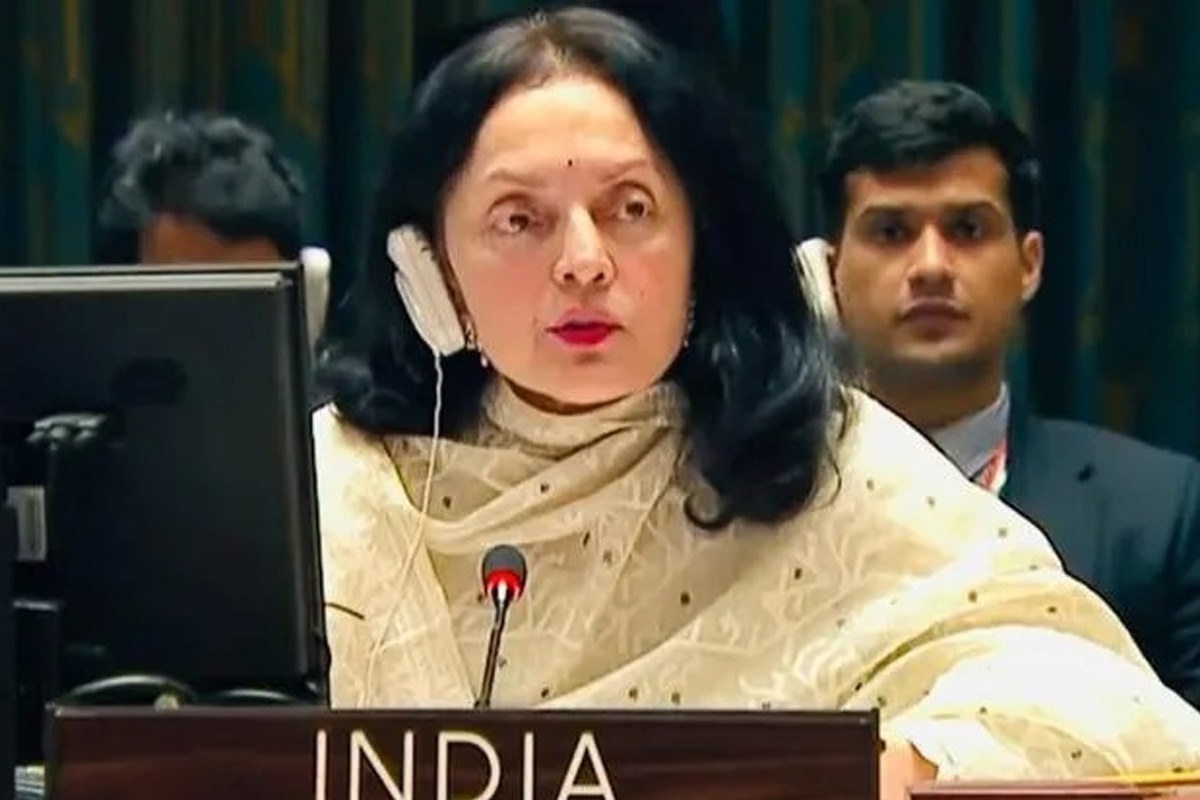India abstained from voting on a United Nations Security Council (UNSC) resolution on Thursday, which demanded an end to violence in Myanmar and urged the military junta to release all political prisoners, including ousted leader Aung San Suu Kyi.
Two other countries – China and Russia also abstained from the voting. Twelve other nations of the 15-member council voted in favour of the resolution, which was proposed by the United Kingdom (UK). Touted as the first resolution on Myanmar in 74 years, it was adopted 12-0.
Interestingly, India holds the monthly presidency of the elite group for the month of December. New Delhi’s move comes at a time when the country faces aggression along its borders with China.
India has called for an approach of quiet and patient diplomacy with a view that the UNSC resolution may entrench the parties in an inflexible position. India’s Permanent Representative to the UN, Ambassador Ruchira Kamboj gave a detailed explanation of how the instability in Myanmar will have a direct impact on India, which shares a more than 1000 km long border with the South Asian countries.
“India shares nearly 1700 km of border with Myanmar and has historical and cultural links with its people. As such inner instability impacts us directly, resolving the current crisis and maintenance of peace, stability, and prosperity in Myanmar is therefore of direct interest to our national security,” she said in her address.
Stressing that the welfare of the people of Myanmar is of “utmost importance” for India, Kamboj said, “We believe that the complex situation in Myanmar calls for an approach of quiet and patient diplomacy.”
The diplomat also said that any other approach “will not help in resolving the long-standing issue which has prevented enduring peace, stability, progress and democratic governance”.
“Under the current circumstances, we are of the considered view that UNSC resolution may entrench the parties in an inflexible position rather than encourage them to pursue an inclusive political dialogue,” she added.
Ambassador Kamboj also called for an immediate cessation of hostilities and initiation of an inclusive political dialogue for the restoration of democracy, and the release of political leaders.
“The UN system should assist the parties in dialogue so that the state of emergency should come to an end and the country returns to the democratic path. It is therefore important to carefully weigh actions by this council. Quiet and constructive diplomacy is the desirable recourse for seeking constructive and enduring solutions in Myanmar,” she further said.
In its adopted version, the resolution called for respect for the “democratic will” of the people.
“The Council is deeply concerned at what’s happening at the hands of the military, further it demands an end to violence, immediate action to implement ASEAN’s Five Point Consensus and respect for the democratic will of the people,” it read.
Myanmar has been marred by violence, abuses, political detentions, and human rights violations since its army took power from Suu Kyi’s elected government on February 1 last year, detaining her and other officials and responding to pro-democracy protests and dissent with lethal force.

